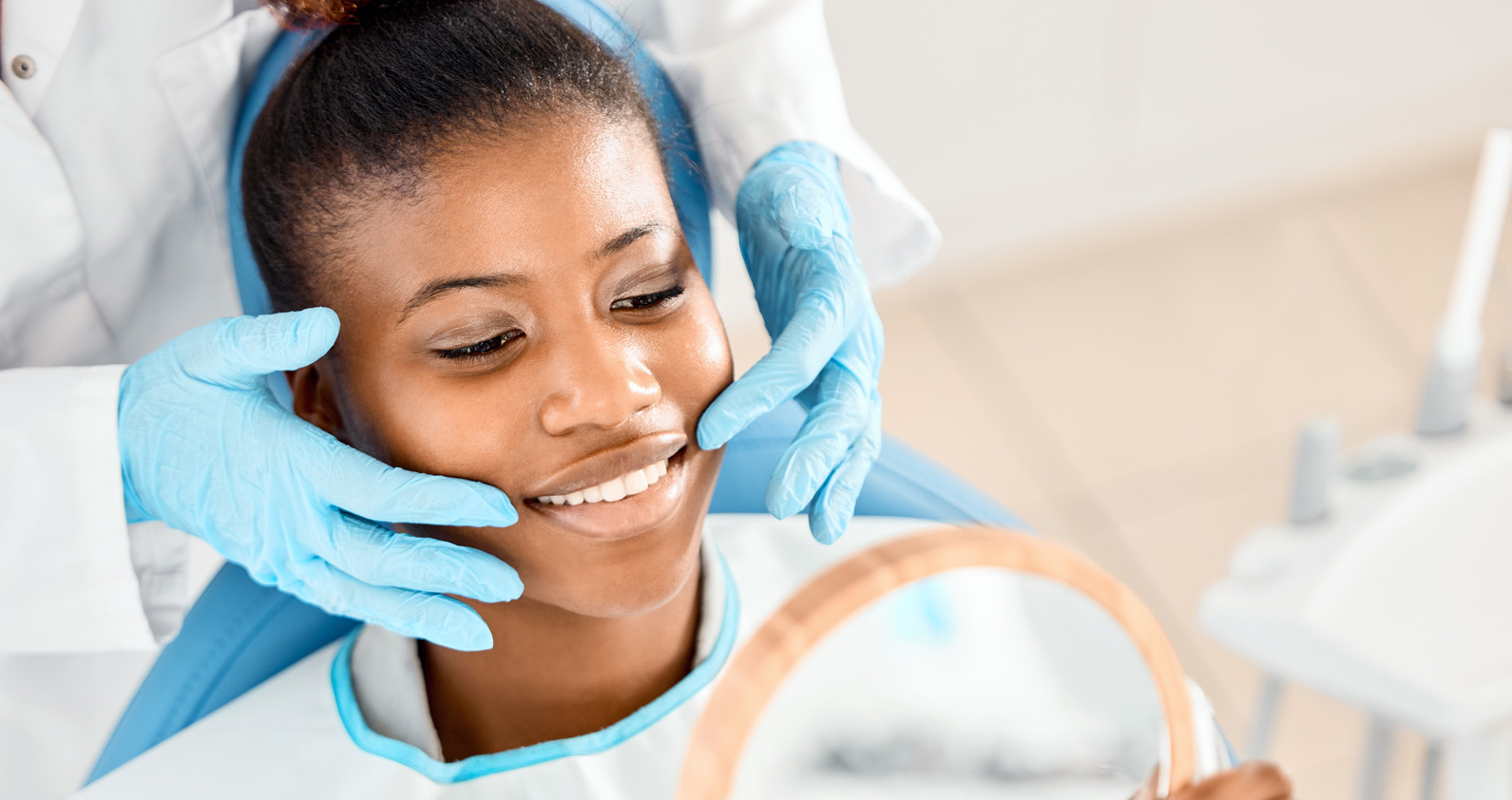Dental cleanings are important for your oral health and your overall health. Dental cleanings remove dental plaque and tartar that contain bacteria that causes cavities and gum disease. Preventing cavities and gum disease is important to save the structure of your teeth and the surrounding gum and bone that holds the teeth in place. Preventing and/or treating gum disease is important to overall health.
1/- What is the difference between a biological cleaning and a conventional dental cleaning?
- A traditional cleaning will remove tartar, plaque and stain from the surface of the teeth and around the gums. A biological cleaning will do the same, however also goes further by removing bacteria we cannot see – it naturally disinfects.
- A way to think of it is to picture a countertop with crumbs on it: a traditional cleaning will remove the “crumbs”, however there is still bacteria left behind that we cannot see.
- A biological cleaning will clean the “crumbs” and also remove more bacteria by naturally disinfecting
- A biological cleaning will clean the “crumbs” and also remove more bacteria by naturally disinfecting. Disinfection by Ozone can penetrate inside the tooth and prevent cavities. Ozone removes bacteria, fungi and viruses from the mouth.
- When disinfecting, it important to note that both good and bad bacteria is removed. We provide oral probiotics with specific good oral strains to replenish the level of good bacteria in the mouth.
- There are also other differences between the traditional cleaning and a biological cleaning. A biological cleaning uses products that are fluoride free to remineralize the teeth (make the teeth stronger and less prone to acidic erosion- ie; cavities).
- We also provide a blood test with the biological cleaning, testing Vitamin D levels, LDL (bad cholesterol), and a complete blood count. The reason for providing this blood count is that it is factually known that oral health effects overall health, and vice versa. By taking a blood test we can see if there are underlying reasons for any oral health concerns you may be having. The blood test will be reviewed by our Medical Doctor and the results will be sent to you via email.
2/- Is a biological dental cleaning painful?
A biological cleaning is not more painful than a traditional cleaning. If you have moderate to severe gum disease or sensitive teeth, a cleaning (whether traditional or biological) may be uncomfortable due to inflammation of the gums or sensitivity of the teeth. However, there are ways to work through this discomfort such as topical gel, or splitting the appointments into multiple sessions. If discomfort is a result of gum inflammation, regular cleanings will help to reduce this inflammation and each cleaning will become easier and more comfortable as the gums become healthier.
3/- What to expect from a biological dental cleaning?
You can expect a cleaning that not only removes tartar and plaque, but also naturally disinfects, makes the teeth stronger (remineralizes), uses natural and biocompatible products, connects oral health with overall health, and replenishes good bacteria into your mouth – more effectively preventing and treating gum disease and cavities.
4/- Does a biological dental cleaning make my teeth whiter?
It can remove any surface staining that is on top of the teeth, but it will not make the color of your teeth whiter.
5/- Can I eat after a biological dental cleaning?
After a biological cleaning, you must wait 30 minutes before you eat, drink or rinse. The reason for this is that it will allow the strengthening treatment to coat the teeth as long as possible.
6/- Should I brush my teeth after a biological dental cleaning?
There is no need to brush right after the cleaning. A regular routine of brushing at least morning and night (at least 2x/day) for 2 minutes each and flossing daily should be followed after the biological cleaning, as well as any additional instructions and tools provided by your dental hygienist that are customized to your oral health needs.
7/- How often should I have my teeth cleaned?
This answer will depend on the current state of oral health that you have. Usually cleanings are done in 3, 4 or 6 month intervals and this depends on if you have gum disease or are prone to cavities and even stains. Your dental hygienist will recommend an appropriate interval of how often you should get your teeth cleaned based on your specific needs.
8/- What can you find with my blood results?
Low levels of vitamin D can lead to low calcium levels in the blood and bones and decrease immune response, making healing processes more difficult and long.
High levels of LDL (‘bad’ cholesterol) plays a big part on gum health, decreasing gum recovery and increasing gum infections.
CBC will give us an overall idea of the patient health and how some values can affect oral health stability, healing and maintenance.
9/- Will a biological cleaning stop gum disease?
By combining the use of Ozone with a very deep clean and oral probiotics, we can naturally control your gum disease and bring it to a stable condition. But controlling gum disease is a team effort, so we will also provide you with the necessary tools and knowledge for you to take home and improve your daily oral care.
10/- What is Ozone dental therapy?
Ozone is a powerful disinfectant, it works destructively against bacteria, fungi, and viruses. Has the ability to control bleeding and to cleanse wounds in bones and soft tissues. By increasing the local supply of oxygen to the wound area, ozone can improve and speed up healing





